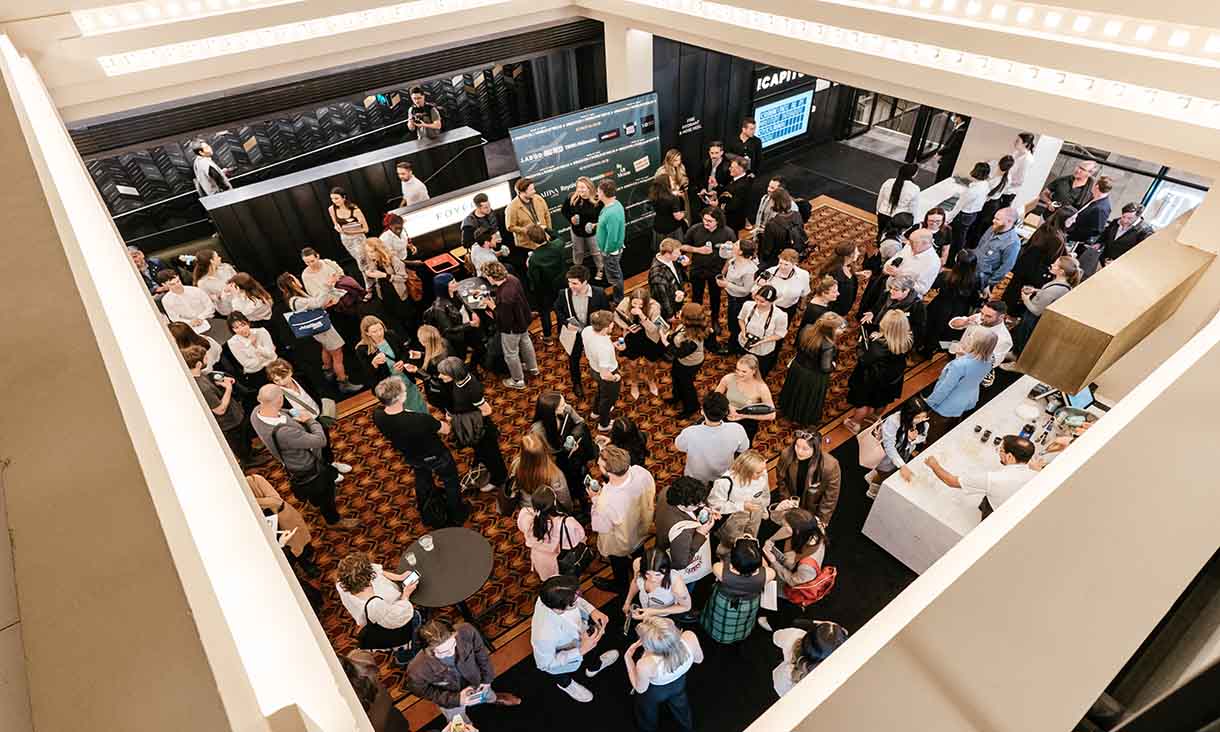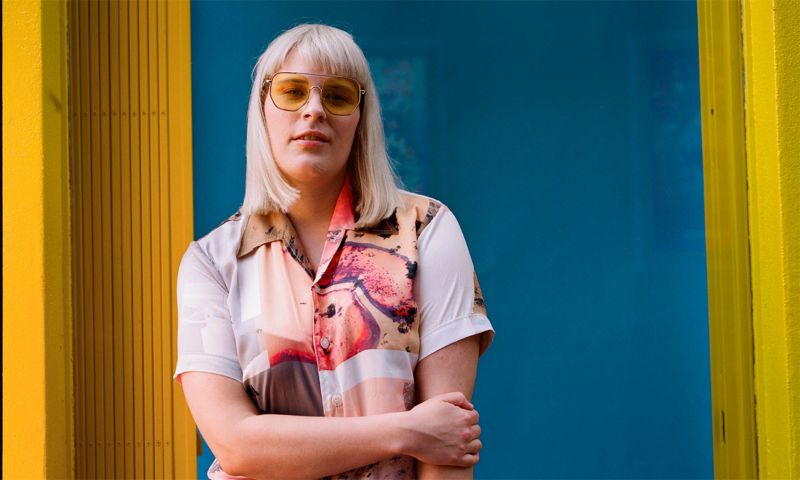Communication
Write your own future with an industry-connected communication course. Gain transferable skills in advertising, journalism, creative writing and communication design.
Design
Study graphic design, interior design, merchandising and animation at the #1 university in Australia for Art and Design.*
Fashion
From design to textile development, merchandising to marketing, build a beautiful portfolio of work to help get your start in the fashion industry.














